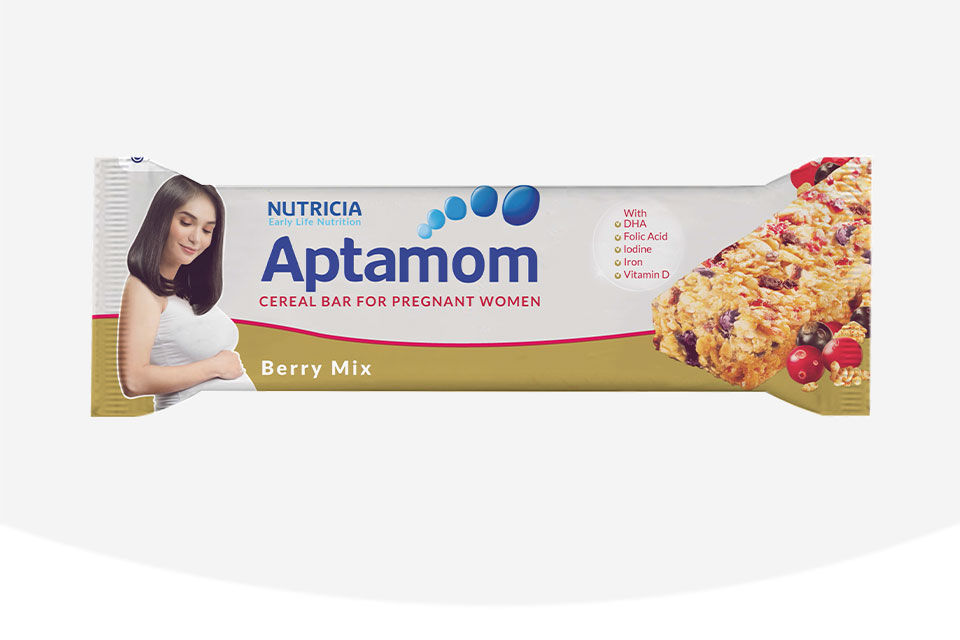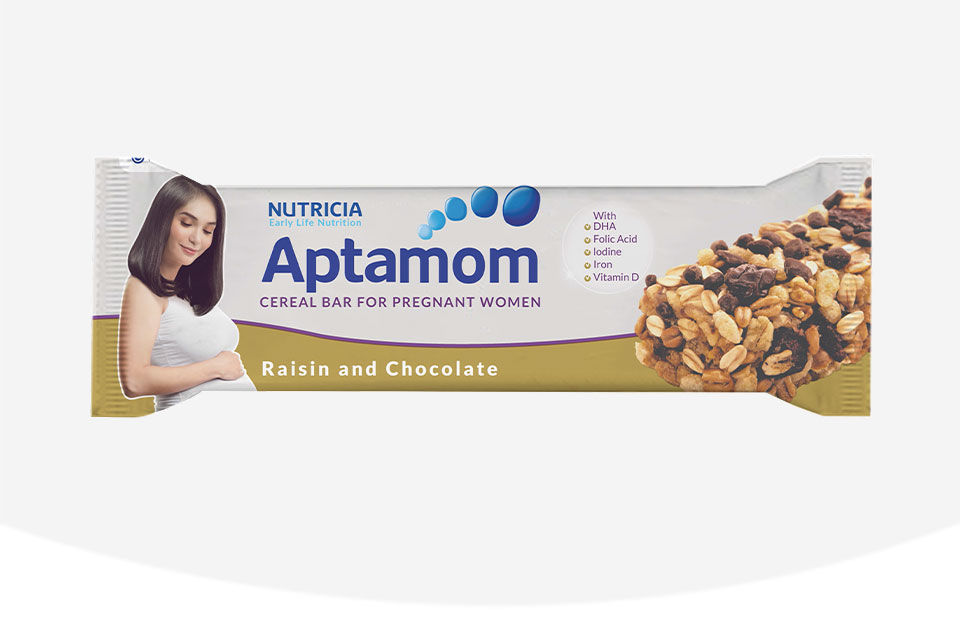Danone Specialized Nutrition (Malaysia) Sdn Bhd supports exclusive breastfeeding for your infant’s first six months of life. After six months of age, infants should receive age-appropriate complementary foods while breastfeeding continues for up to two years of age or beyond. Consult your doctor before deciding to use infant formula or if you have difficulty breastfeeding.
Two Essential Prenatal Vitamins
Should I Take Vitamins and Supplements During Pregnancy?
Whether we’re pregnant or not, all of us need our daily intake of vitamins and minerals. In this guide, find out which nutrients are especially important during pregnancy, and why a balanced pregnancy diet is our best possible source of nutrition.
As parents, we want the best for our children. For some of us, that may mean stocking up on as many prenatal vitamins and supplements as we can! However, did you know that it is best to get vitamins and minerals from the food we eat? A varied, healthy diet will be able to provide you with the nutrients you and your little one require, as well as essential fibre, protein and energy.
Two Essential Prenatal Vitamins
The two nutritional supplements that are recommended during pregnancy are folic acid and vitamin D1 – folic acid is also recommended while you are trying to conceive. These can either be taken as single supplements or as a pregnancy or prenatal multivitamin
Folic acid helps prevent neural tube defects such as spina bifida. It is recommended to consume 600mcg per day throughout pregnancy1.
Vitamin D is critically important for bone development. While you can get Vitamin D for free by being in the sun, it recommended to consume 15mcg of Vitamin D a day throughout the pregnancy1.
What’s in a Prenatal Multivitamin?
Down the pharmacy aisle, you will find several prenatal multivitamins brands to choose from. Though each may offer a different nutrient content, most of them would contain sufficient amounts of the following key nutrients:
- Vitamin D — regulates calcium and phosphate, which contribute to your little one’s developing bones and teeth1
- Folate/folic acid — helps prevent neural tube defects and is recommended until the 12th week of pregnancy1
- Iron — during pregnancy, more iron is needed for the growing foetus and placenta. It also supports the increase of red blood cells in your body. A lack of iron may cause iron-deficiency anaemia, which may be harmful for you and little one
- Vitamin B12 — helps your body process folic acid and helps release energy from food and from making red blood cells
Ensure your Supplements are Pregnancy-safe
During pregnancy, your nutritional needs tend to change. In fact, some nutrients can be harmful if taken in high doses. Always ensure that you choose supplements that are specifically made for pregnant women. Notify your doctor if you’re taking anything other than prenatal vitamins, such as herbal remedies.
References:
1. Recommended Nutrient Intake for Malaysia, 2017.
Aptamom Bar: Maternal Cereal Bar
Aptamom bar is a ready-to-eat, delicious cereal bar for pregnant mothers. It provides pregnant mothers a convenient way to obtain the essential nutrients and vitamins that are needed more of during pregnancy.

Connect with our team of experts
We provide advice and support for you on your parenthood journey.



